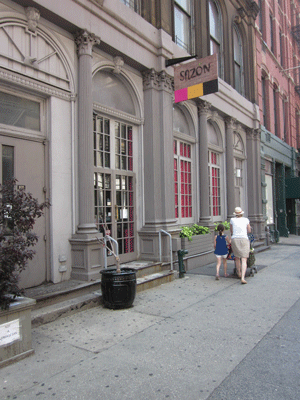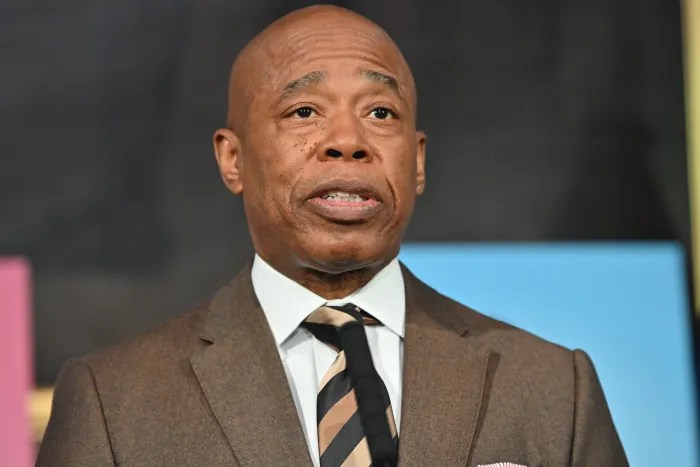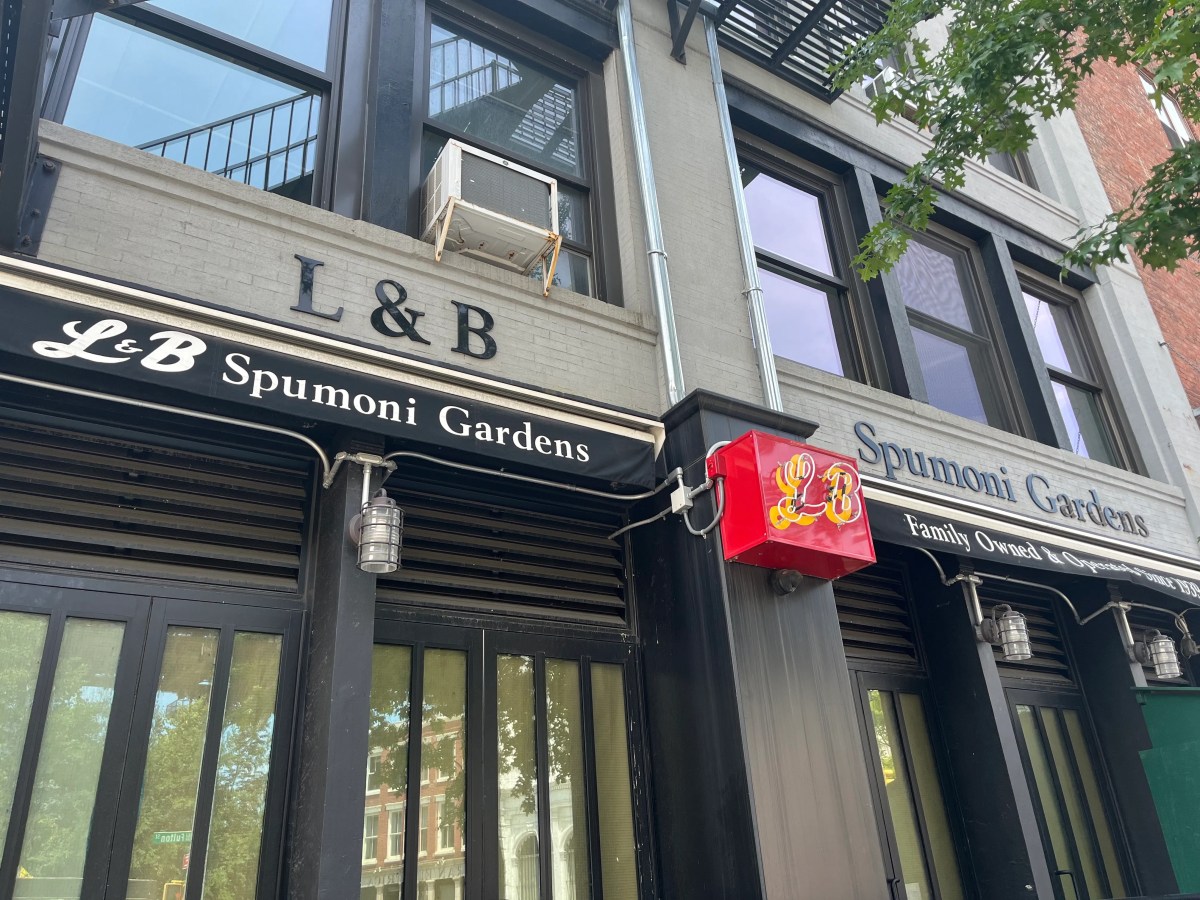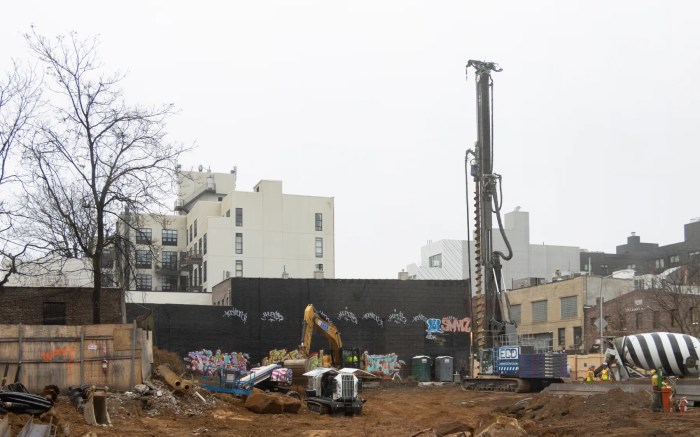
BY ZACH WILLIAMS | Rowdy bar customers have spurred some Tribeca residents to take action, with the hope that they can restore the low-key tenor of their neighborhood.
Several dozen residents have signed a petition that calls on Community Board 1 to tighten oversight of liquor license applicants who tend to downplay the impact their businesses will have on the surrounding community, the locals say. The effort comes as the board continues to amend its vetting process for prospective liquor licenses.
Tensions between residents and prospective liquor license holders have erupted across the city in recent weeks. The arrival of Barclays Center in Brooklyn has caused residents to fear that the quiet days of the Brooklyn brownstones are numbered, while complaints about the influx of bars in once-quiet residential communities have echoed from Queens to Chelsea.
In Manhattan, Tribeca residents worry that their neighborhood could become host to the types of large dance clubs and chic boutiques that have come to define the nearby Meatpacking District, should the process of approving liquor licenses continue without adequate input from nearby residents.
According to the petition, local bars must rein in late night noise on the weekends, turn down music and control customers outside. Unruly behavior from bar patrons includes shouting, damaging bikes and public urination.
“This is a problem which has increased over the last year or so,” said Robert Moore, a 16-year resident of Tribeca. “Not only have there been more bars established in the area, but there are also an increasing number of applicants.”
According to Moore, the liquor license applicants come before C.B. 1 masquerading as restaurants, but upon closer examination, “these are really just bars which are looking to stay open late and where liquor is the main commodity to be traded.”
Moore added, “There are problems with these establishments wanting to play music, a reluctance to pay attention to soundproofing and a desire to have the windows open to the street.”
In some cases, when the licenses are granted, he said, the bars ignore the conditions, and residents’ only recourse is to call 311.
Moore and other residents say two bars on Reade Street — Sazon and Super Linda — have become particularly disruptive. The recent application by Balcony Cafe, Inc. at the corner of Reade and Church Streets prompted Moore to write the petition.
The goal, he said, is to strengthen the voice of residents in the liquor license application process.
“We can’t sleep with Sazon and now Super Linda, and we don’t want another one at the end of the block,” said Amy Sewell, a Tribeca resident. “Others all over feel the same way. We don’t mind partying — but keep it off the streets after the bar closes at 2 a.m. or 4 a.m.”
Representatives of Sazon and Super Linda didn’t respond to calls by press time.
Businesses are responsible for the actions of patrons both inside and outside their premises, according to William Crowley, a spokesperson for the New York State Liquor Authority. Failure to control customers can result in fines or forfeiture of their liquor license in the event of serious violations, he said.
“They are responsible for any violations they have in or around their premises, including the parking lots…whether it’s noise or fights or what have you,” he said.
While community boards only play an advisory role in the application process, the boards’ feedback is valuable, added Crowley.
The increased weight of community boards in the liquor license application process is a welcome change from past years, according to Marc Ameruso, chair of C.B. 1’s S.L.A. task force.
He said that in the 1990s, the agency would assess liquor licenses largely based on the amount of tax revenue the prospective businesses would bring to the state. In recent years, the agency has improved its outreach to community boards and has a more holistic vetting process for liquor licenses, which includes the impact to the quality of life for residents, said Ameruso.
C.B. 1 formed a task force on the matter about a year ago with the goal of improving how the board examines applications for new liquor licenses.
Future tensions between businesses serving alcohol and local residents can be eased by the board’s clarifying of expectations for new licenses in the application process, according to Ameruso.
“That’s the reason we want to have a questionnaire,” he explained. “It’s as tight as possible, so the businesses know where we stand [and] we know where they stand.”
The modified system, Ameruso added, is a win-win for everyone.
“It weeds out any rotten apples that might want to sneak under the radar.”






































